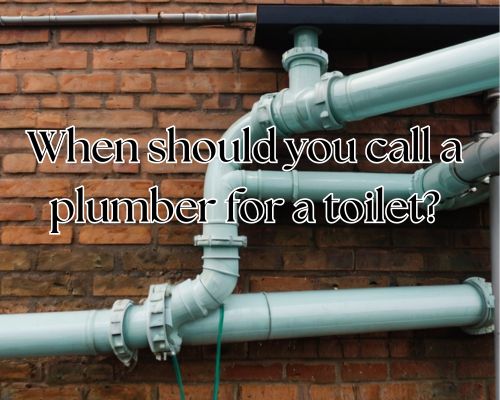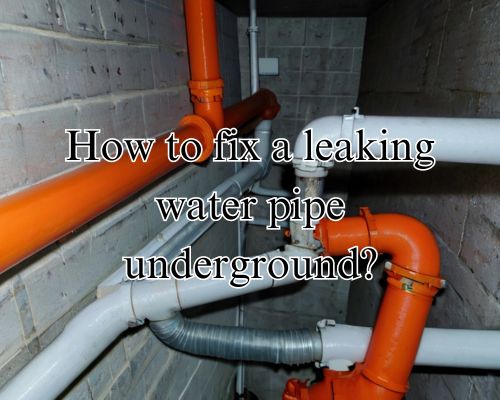Choosing the right roofing for a commercial building is a crucial decision that can significantly impact the building’s safety, longevity, and energy efficiency. With various roofing options available in the market, it can be overwhelming to decide which one is the best for your building.
Charles Jimerson of Commercial Roofing NJ has to say “The ideal roofing system for your commercial building should be durable, low-maintenance, energy-efficient, and cost-effective.”

One of the most popular roofing options for commercial buildings is metal roofing. Metal roofs are incredibly durable and can last up to 50 years with minimal maintenance. They are also energy-efficient, reflecting the sun’s heat and reducing cooling costs during hot weather.
Another popular option is bitumen roofing, which is made of asphalt and reinforced with fiberglass. Bitumen roofing is cost-effective, easy to install, and can last up to 20 years.
Evaluating Roofing Materials for Commercial Buildings
When choosing the best roofing material for your commercial building, there are several factors that you need to consider. In this section, we will discuss some key considerations that can help you evaluate different roofing materials and make an informed decision.
Durability and Lifespan Considerations
One of the most important factors to consider when evaluating roofing materials for commercial buildings is durability. You want a roofing material that can withstand harsh weather conditions and last for a long time. For a better roofing ideas, seek for Commercial Roofing NJ advice.
Some of the most durable roofing materials include metal, concrete, and clay tiles. These materials can last for several decades and require minimal maintenance.
On the other hand, some roofing materials such as asphalt shingles may be less durable and have a shorter lifespan. However, they may be a more cost-effective option for buildings with a lower budget.
Cost-Effectiveness and Energy Efficiency
Another important consideration when evaluating roofing materials is cost-effectiveness and energy efficiency. You want a roofing material that can provide good insulation and reduce your energy costs.
Some of the most energy-efficient roofing materials include metal, concrete, and clay tiles. These materials can reflect sunlight and reduce heat absorption, which can help lower your energy bills.
However, some of these materials may be more expensive upfront compared to other roofing materials such as asphalt shingles. It is important to weigh the initial cost against the long-term energy savings to determine the most cost-effective option for your building.
Maintenance and Upkeep Requirements
Finally, you need to consider the maintenance and upkeep requirements of different roofing materials. Some materials may require more frequent maintenance and repairs compared to others.
For example, asphalt shingles may need to be replaced more frequently compared to metal or concrete roofing.
It is important to factor in the maintenance and upkeep costs when evaluating different roofing materials. A material that requires minimal maintenance and repairs may be more cost-effective in the long run.
Popular Commercial Roofing Systems and Materials
When it comes to commercial roofing, there are many options to choose from. Each roofing system has its own advantages and disadvantages, and it is important to choose the one that best suits your needs. In this section, we will explore some of the most popular commercial roofing systems and materials.
Single-Ply Roofing: TPO and PVC Options
Single-ply roofing systems are a popular choice for commercial buildings because they are lightweight, easy to install, and cost-effective. TPO (thermoplastic olefin) and PVC (polyvinyl chloride) are two of the most commonly used single-ply roofing materials.
TPO roofing is known for its flexibility and heat resistance, making it a great option for buildings in areas with extreme temperatures.
PVC roofing, on the other hand, is durable and long-lasting, with a lifespan of up to 30 years. Both TPO and PVC roofing systems are also eco-friendly and can be recycled at the end of their lifespan.
Built-Up Roofing (BUR) and Modified Bitumen
Built-up roofing (BUR) and modified bitumen roofing are two popular options for commercial flat roofing. BUR is a traditional roofing system that consists of multiple layers of asphalt and felt. It is known for its durability and waterproofing capabilities.
Modified bitumen roofing, on the other hand, is a modern version of BUR that uses a single-ply membrane made of asphalt and rubber. It is also durable and provides excellent waterproofing.
Metal Roofing: Steel, Aluminum, and Copper
Metal roofing is a versatile and long-lasting option for commercial buildings. Steel, aluminum, and copper are three of the most commonly used metals for commercial roofing systems.
Steel is the most affordable option and is known for its durability and strength.
Aluminum, meanwhile, is lightweight and corrosion-resistant, making it a great choice for buildings near the coast. Copper is a premium option that is known for its beauty and sustainability.
Innovative and Sustainable Roofing Solutions
Innovative and sustainable roofing solutions, such as green roofs and vegetative roofing systems, are becoming increasingly popular for commercial buildings.
Green roofs use vegetation to manage stormwater runoff, reduce energy consumption, provide wildlife habitat, and improve air quality.
Vegetative roofing systems are similar to green roofs but are designed to be more lightweight and require less maintenance.
In addition to green roofs, there are other eco-friendly roofing options available, such as liquid applied roof coatings and thermoplastic polyolefin (TPO) roofing systems.
These roofing systems are designed to be energy-efficient and environmentally friendly, while also providing excellent waterproofing and durability.
When choosing a commercial roofing system, it is important to consider factors such as cost, durability, and sustainability.
Working with a roofing professional can help you determine the best roofing system for your building and ensure that it is installed correctly.



